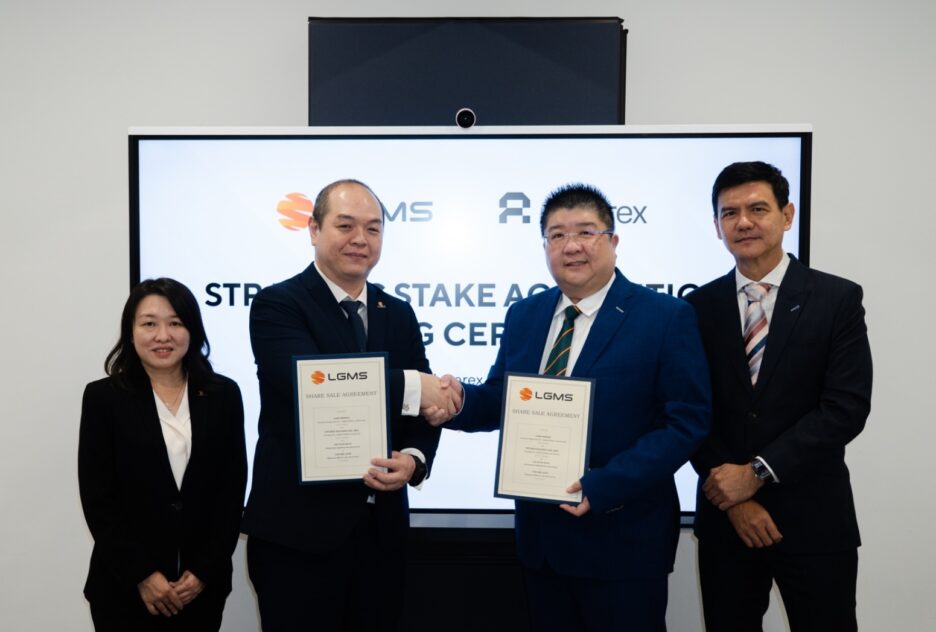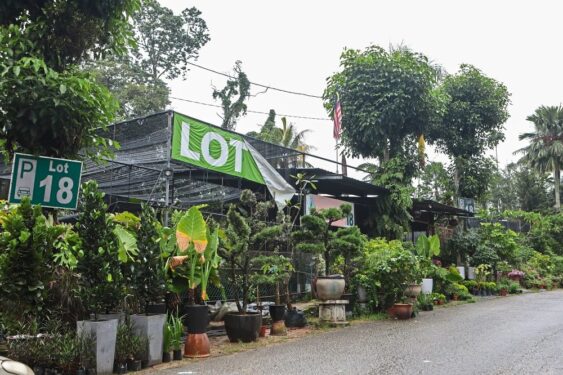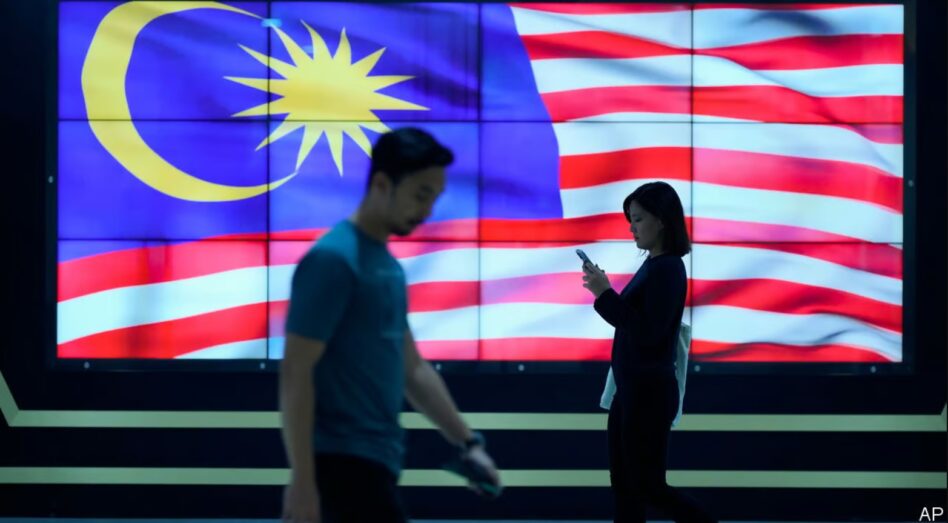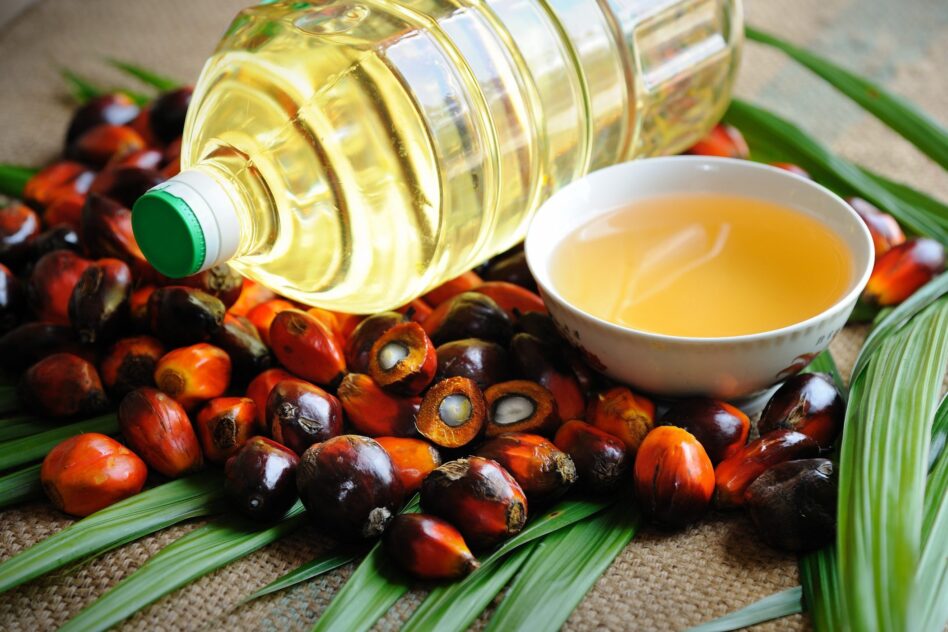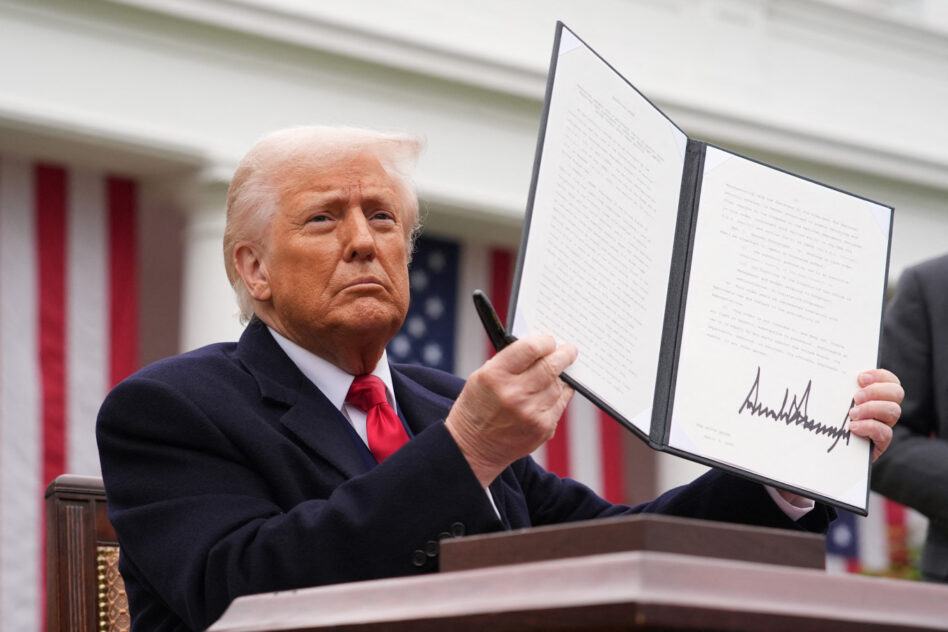THE decision taken by Petroliam Nasional Bhd (Petronas) to not fight the sales tax imposed by the Sarawak government sets a precedent for Sabah, but other states are unlikely to follow suit, said AmInvestment Bank.
“With the withdrawal of its appeal against the Sarawak state government, Petronas has set a precedent for Sabah, which joined Malaysia in 1963 together with Sarawak.
“However, we do not think that other states in Peninsular Malaysia will follow suit, as the National Land Code allows the compulsory acquisition of land by the federal government,” said AmInvest analyst Alex Goh.
This follows Petronas’ decision to not fight the sales tax imposed on it by the Sarawak government, with both parties mutually withdrawing the appeals over Petronas’ failed judicial review application against the state government and the state’s Comptroller of State Sales Tax.
The tax amounted to RM2 bil, which was imposed as an additional 5% tax on all petroleum products sold in the state since Jan 2019. Currently, Petronas already pays a royalty of 5% to the East Malaysian states.
“When the extra sales tax issue arose as both Sarawak and Sabah were in talks with the Pakatan Harapan government on their share of oil revenue under the Malaysian Agreement 1963, Petronas sought orders to cancel notices of assessment for an amount of over RM1.3 bil issued by Sarawak’s Comptroller of State Sales Tax, and declarations that the Sarawak government is not entitled to impose state sales tax on petroleum products.
“Otherwise, the authority of the Petroleum Development Act (PDA) 1974, which grants exclusive ownership of Malaysia’s petroleum resources to Petronas, is effectively rendered as non-absolute,” said Goh, adding that this led to Sarawak filing a RM1.3 bil civil suit against the national oil firm.
Goh added that Petronas viewed the sales tax as invalid under the Federal List, and should not be double-taxed, as the group already bears a petroleum income tax of 38%.
“Additionally, the sales tax also appears to overlap with the PDA 1974, which states that
Petronas is the regulator of all oil and gas assets in Malaysia,” said Goh.
He added as it stands, Petronas had already announced cuts of 21% for capital and 12% operating expenditure this year, due to the current Covid-19-impacted cyclical downturn.
This is further exacerbated by the Saudi-Russian price war earlier this year.
“Even though a measure of optimism has returned for crude oil prices, we expect oil producers to proceed with their planned production cuts for this year given that demand globally remains depressed amid the prolonged Covid-19 movement restrictions and social distancing measures across the new normal which could mean potentially long-term changes in energy usage.
“So far, 20% to 30% capex reductions for 2020 have been announced by Exxon Mobil, Royal Dutch Shell, Saudi Aramco and Petrobras.
“In 1H2020, new contract awards to Malaysian operators dropped 62% year-on-year (yoy) to RM2.2bil, with the worst fallout yet to come in 2H2020 onwards,” said Goh.
AmInvest maintains a neutral call on the oil and gas sector, due to a mixed number of buy and sell calls.
Dialog Group Bhd and Serba Dinamik Holdings Bhd are buy calls due to resilient non-cyclical tank terminal and maintenance-based operations, while Petronas Chemicals Group Bhd has a buy call due to a high correlation to the recent oil price upturn.
“However, as we continue to view the still low oil prices and earnings of upstream service companies to be worse than the previous 2015 to 2017 down-cycle which led to multiple financial distress to oil and gas corporations, we retain our sell calls for Bumi Armada Bhd, Sapura Energy Bhd and Velesto Energy Bhd. – Aug 4, 2020



